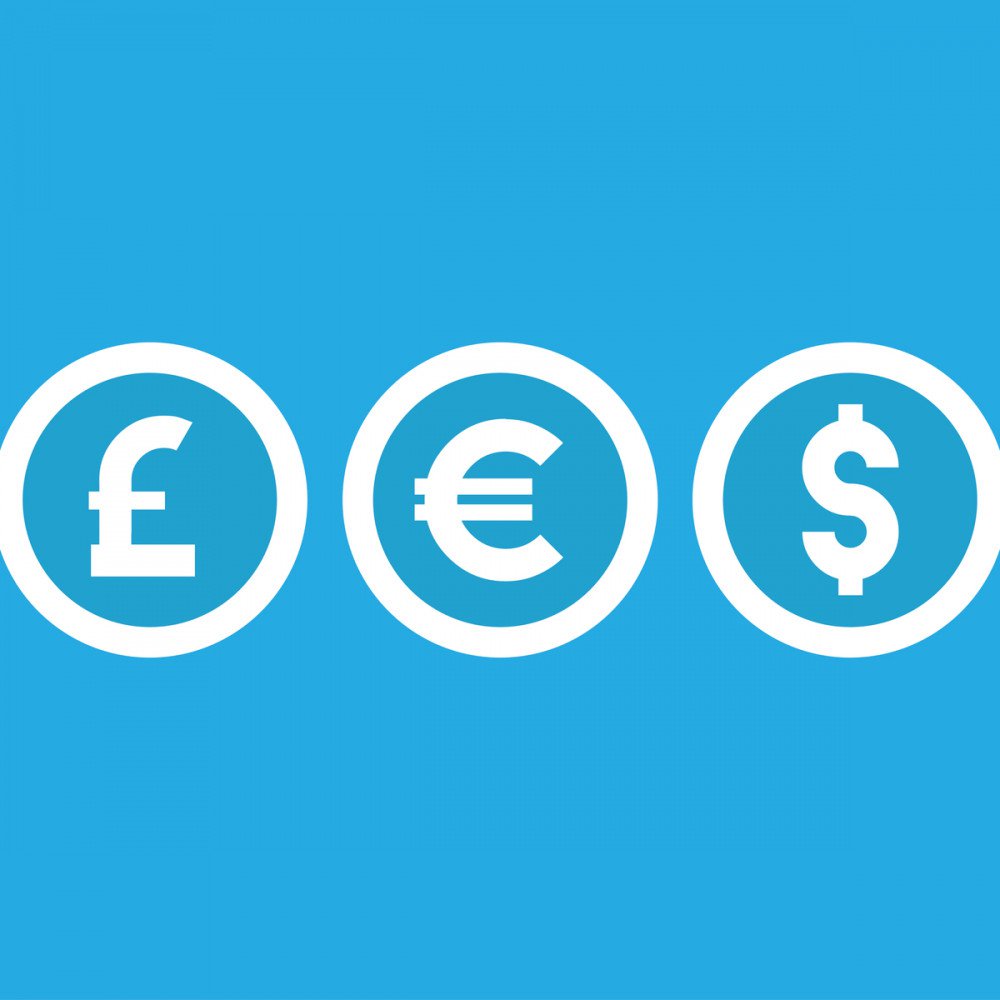Commodity and Trade-Correlated Currencies Rise on China's Global Trade Plans
- Authors
-
-

- Name
- Patrick Maflin
-

Pound Sterling (GBP)
The Bank of England (BoE) policy meeting had the biggest influence on Pound exchange rates last week and caused Sterling to lose most of the week’s gains against major currency rivals.
Investors had hoped that more BoE policymakers besides Kristin Forbes would begin to vote for tighter monetary policy, but Forbes was once again the only dissenter. As a result, bets of a 2018 interest rate hike faded and analysts now believe the bank will not hike UK interest rates again until 2019.
Markets had previously been more optimistic on the Pound due to UK general election hopes but this news dented any bullishness.
US Dollar (USD)
The Pound to US Dollar exchange dropped towards the end of last week, as the Pound suffered from the week’s Bank of England (BoE) announcements.
However, GBP/USD held away from its lows due to some disappointing US data published on Friday. Traders had been expecting US retail sales to reach 0.6% in April, but the results came in at a disappointing 0.4%. US inflation was also a let-down, slowing from 2.4% to 2.2% year-on-year in April despite being projected to only slip to 2.3%.
While Michigan University’s May consumer sentiment data came in better-than-expected, it was not enough to support the ‘Greenback’ on Friday. Monday morning saw GBP/USD continue rising.
Euro (EUR)
The Pound to Euro exchange rate shed all of its gains by the end of the week despite a Euro profit-taking selloff after the election of Emmanuel Macron as France’s next President. GBP/EUR’s losses later in the week were largely due to the Bank of England (BoE).
News that Germany had been the fastest growing G7 economy of 2017 so far also bolstered Euro demand towards the end of the week. German Gross Domestic Product (GDP) came in at a solid 0.6% quarter-on-quarter.
Italy’s April inflation was outperforming expectations according to Monday’s report, but this and the inauguration of Macron in France was unable to offer the Euro any notable support on Monday.
Australian Dollar (AUD)
The Pound to Australian Dollar exchange rate ended up falling last week as the Pound weakened on Bank of England (BoE) news and the Australian Dollar was bought up from its lows.
Demand for the ‘Aussie’ was solid when markets opened on Monday due to an ambitious new global trade plan announced by China. Chinese President Xi Jinping laid out plans for his ‘Belt and Road’ plan. A Silk Road-inspired construction spree covering over 65 countries from Asia to the Americas through Europe and Africa with the intention of making global trade even smoother. While the plan has been criticised by some, the news bolstered key commodity and trade-correlated currencies on Monday. As a result, the Australian Dollar strengthened.
New Zealand Dollar (NZD)
The Pound to New Zealand Dollar exchange rate edged higher last week. While it fell from its best levels due to the week’s Bank of England (BoE) developments, disappointing Reserve Bank of New Zealand (RBNZ) news kept the ‘Kiwi’ weaker.
However, due to the weekend’s Chinese global trade plans and Monday’s New Zealand retail sales data from Q1 2017, the New Zealand Dollar strengthened slightly on Monday.
NZ retail sales improved to 1.5% in Q1 despite being predicted to come in at 0.9% and the year-on-year result rose from 3.9% to 4.6%.
Canadian Dollar (CAD)
The Pound to Canadian Dollar exchange rate slipped last week due to the Pound’s BoE-related selloff. However, persistent concerns about stricter US-Canada trade under US President Donald Trump prevented the ‘Loonie’ from holding its best levels on Friday.
On Monday morning, demand for the Canadian Dollar improved as it emerged that oil producers from Russia and Saudi Arabia intended on continuing oil production cuts in order to bolster demand for the commodity.
OPEC’s oil production cut plans currently run until June, but now investor hopes that the plan will be extended have increased.
Disclaimer: This update is provided by TorFX, a leading foreign exchange broker, its content is authorised for reuse by affiliates.


